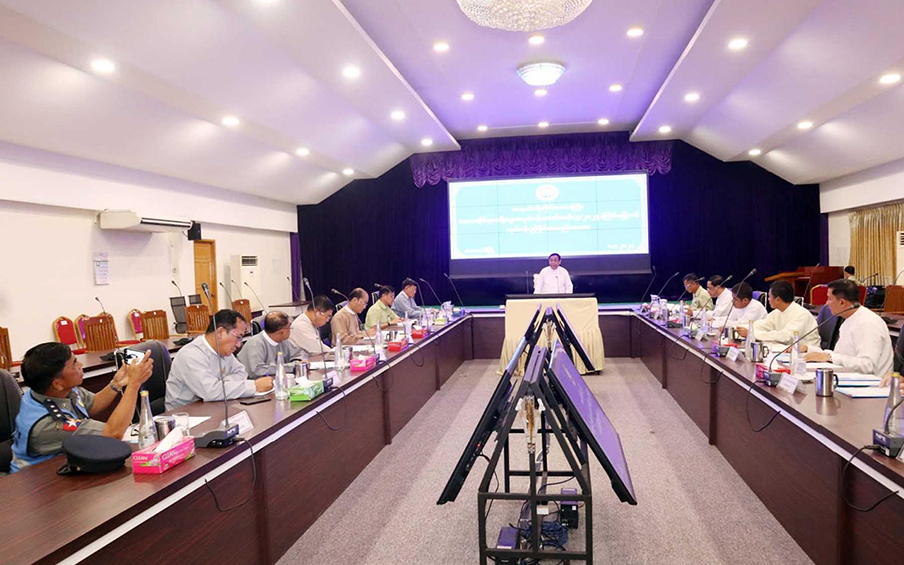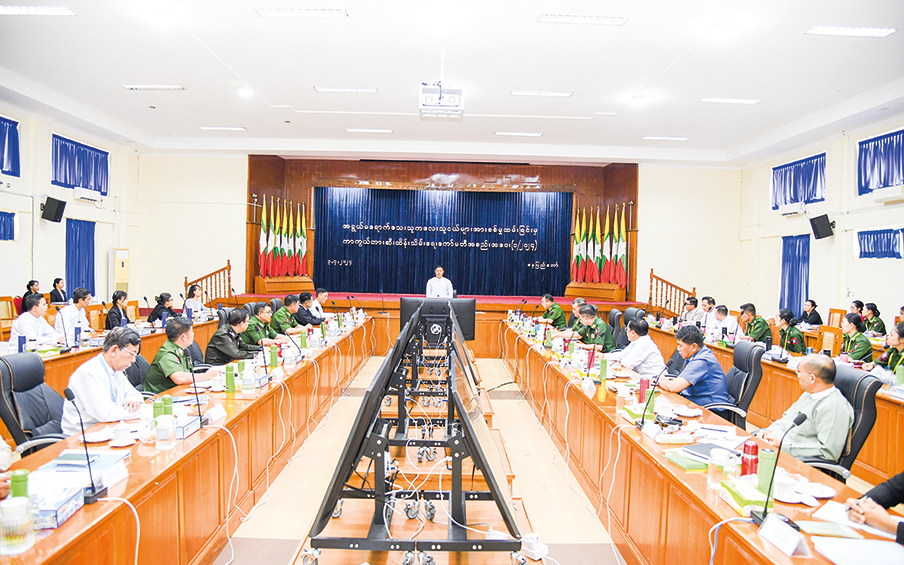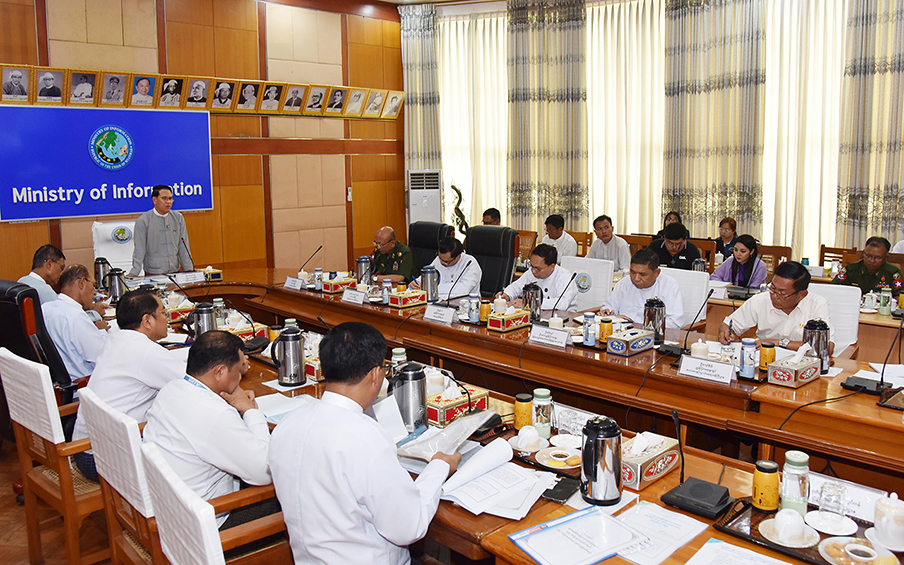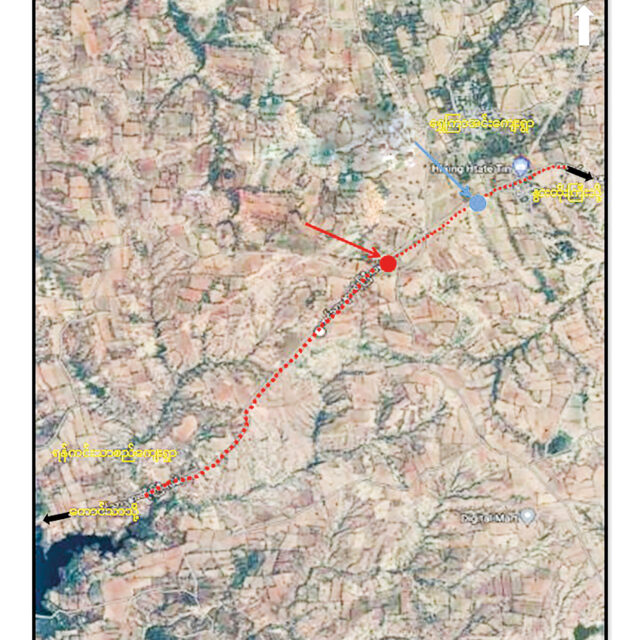Plastic products are inexpensive and widely available for packaging in the domestic market. While plastic is integral to daily life, plastic pollution poses a severe threat to all living beings, especially humans and the entire ecosystem.
The creation of plastic products is aimed to facilitate society’s proper use of packaging. Its usefulness and beautiful design could attract societies, contributing to keeping everything neat and tidy. However, the massive production of plastic products cannot be controlled in the market and society, terribly threatening the natural environment.
Plastic was first produced in 1907 to improve packaging, but its production only took off around 1950. Since then, plastic production has surged dramatically, increasing 230-fold over 70 years. In 2019, industries produced 460 million tonnes of plastic, and current annual production exceeds 380 million tonnes.
Businesses manufacture plastic products that attract customers, making it difficult for people to stop using them. Thin and portable plastic products are ubiquitous, and markets heavily rely on plastic bags. However, there is no systematic disposal of these used plastic bags, leading to massive daily plastic waste.
Plastic waste accumulates in landfills and oceans, posing significant risks to animals. Many animals mistakenly consume plastic pieces, and aquatic animals often die due to plastic pollution in the seas. The world produces around five trillion plastic bags yearly, an amount that could wrap round the Earth seven times. Sadly, only nine per cent of plastic products are recycled globally.
Plastic waste is now visible on beaches and shores, and disposable plastic bags litter roads and residential areas. The United Nations Environmental Program (UNEP) estimates that 75 to 199 million tonnes of plastic waste are in the oceans. This alarming situation calls for urgent action to manage plastic products to protect human society. Without intervention, the world risks being overwhelmed by plastic waste.
Myanmar, like many other countries, uses a significant amount of plastic products, particularly plastic bags. Authorities must manage plastic use and waste disposal systematically. Given that a single piece of plastic can endure environmental conditions for over 100 years, proper disposal is crucial. In 2002, Bangladesh banned plastic bags, and many other countries have taken similar steps to reduce plastic use. To save society and the environment, everyone must reduce their use of plastic products. Systematic management and individual responsibility are essential to mitigate the harmful impact of plastic pollution throughout the world.
Reduce plastic waste to save the planet Earth
- July 04, 2024
- 9













